According to the Hungarian Foreign Ministry's statement, in a panel discussion at the Investment Conference in Republika Srpska, Minister Peter Szijjarto pointed out that the national interest always serves as the directional compass in the work of the Hungarian government, and the example of our country also proves that it is possible to successfully assert the national interest even as a loyal member of the European Union and NATO.
This takes a great deal of courage and national pride. And it also requires that people do not give up even the slightest portion of their national sovereignty despite the enormous pressure,
he said.
It is very important that we Hungarians are not known to be people who respond to just any call with 'Jawohl!' or 'Yes, Sir!', but that we implement what coincides with our national interests, and debate what does not,
he added. He then stressed that under the left-wing government before 2010, "the Hungarian economy was practically destroyed, national assets were sold off, majority foreign ownership was characteristic in strategic sectors, and we were paying the highest taxes in Europe, while at the same time unemployment, national debt and the budget deficit were extremely high". This difficult situation was finally overcome, he said, by introducing the lowest taxes on labor in Europe, a flat-rate personal income tax of 15 percent and a - unique on the continent - single-bracket corporate tax of 9 percent, from which all domestic companies benefited greatly, and by adhering to the belief in economic neutrality.
Economic neutrality means not allowing ourselves to be forced into different boxes. While we are part of Western integration, we are not giving up our right to build close business, economic and investment cooperation with the world to our east,
he said. According to Peter Szijjarto, those who have tried to talk Hungary out of economic cooperation with the Eastern world are doing so because they are "envious" and "do not want us to be their competitors there". He pointed out that an important pillar of Hungarian economic growth is that Hungary has become a meeting point for Eastern and Western companies, with German and Chinese firms building factories right next to each other, because their global strategies are mutually dependent on each other.
Hungary has never declined investors simply because they come from a particular country (...) We don't discriminate against anyone. We do not want the world to be divided into economic blocs again,
he stressed.
In my view, the path of European integration and cooperation with the Eastern world are not reciprocally exclusive, but mutually reinforcing,
he added. Hungary is interested in peace and success in the Western Balkans, the minister said, and therefore pursues a responsible neighborhood policy. In this framework, Hungary has launched an agricultural support program worth 26 euros in the Republika Srpska. As a result, stakeholders purchased around 4700 agricultural equipment from 57 Hungarian companies, making it a "win-win situation". This was the result of cooperation based on mutual respect, he underlined.
We didn't come here with a big face, we didn't come here with threats, we didn't come here saying if you don't do this, we'll put you on a sanctions list. We didn't come here lecturing you that you should do this because it's good for you. We came here and we asked you,
he said, referring, in this context, to the financial sanctions the European Union imposed on Hungary.
Mutual respect is often missing in international cooperation,
he noted.
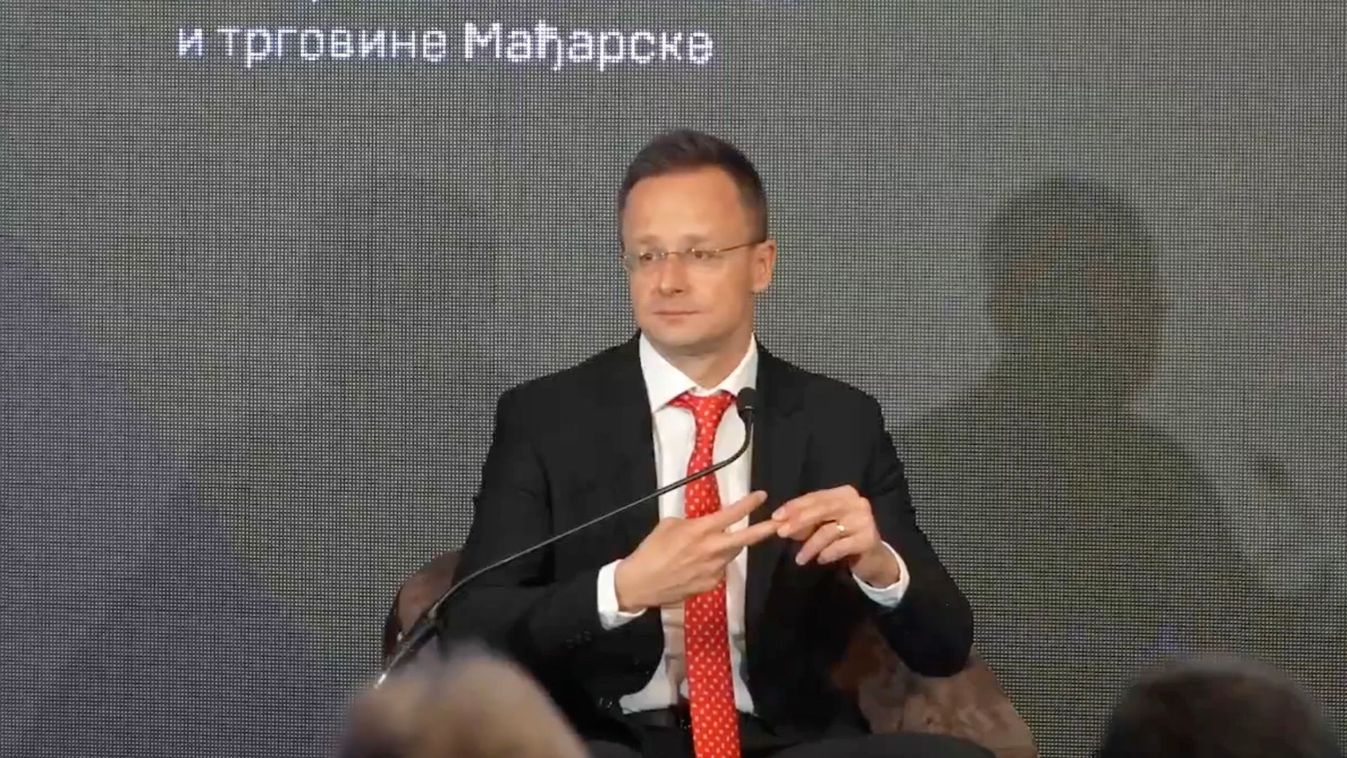
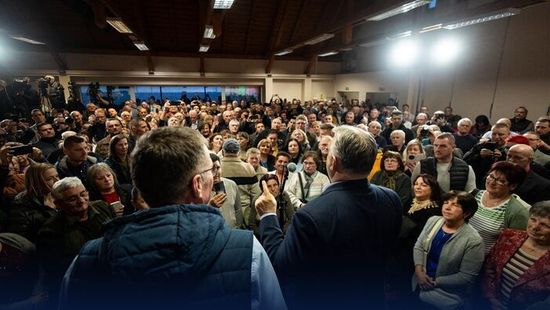
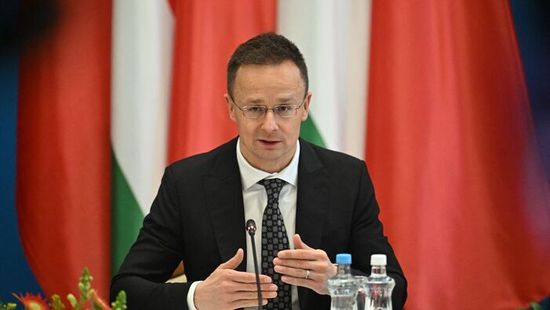
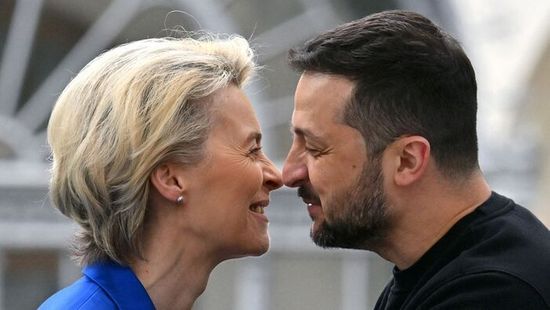
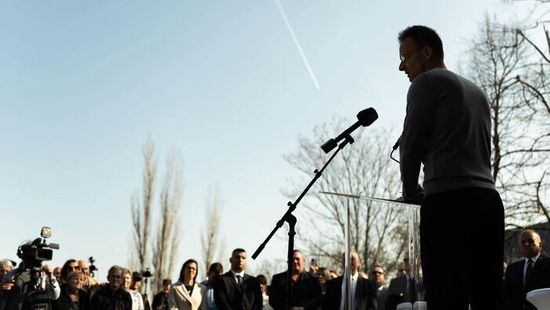


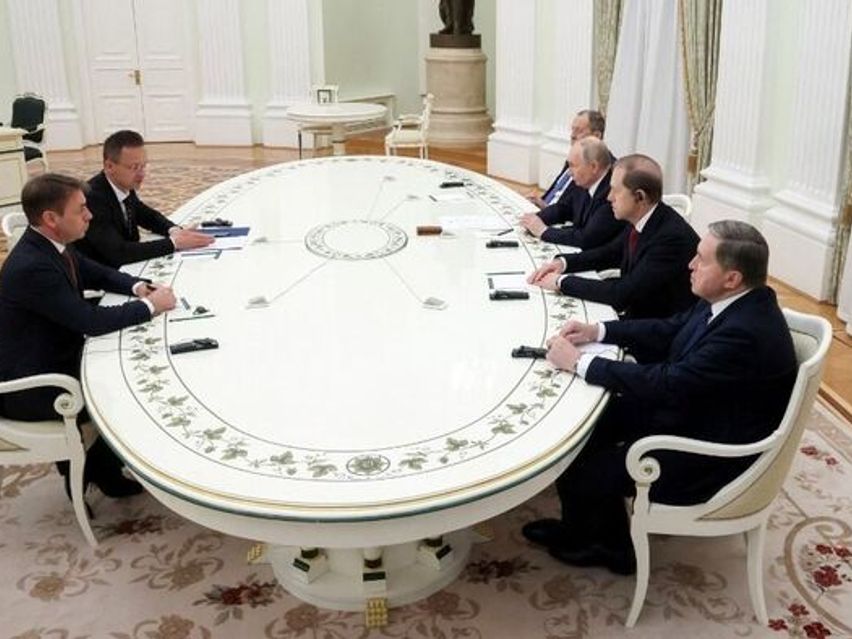

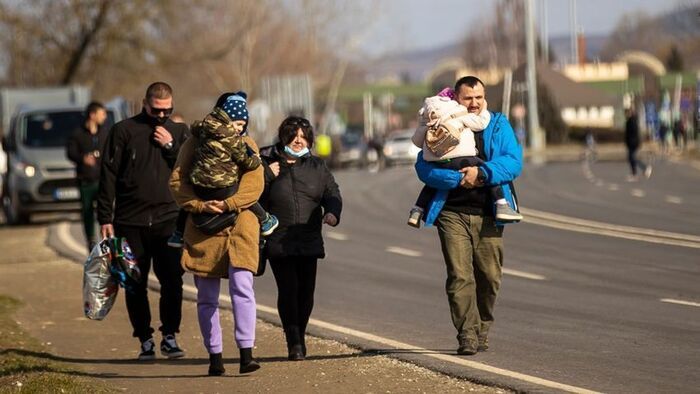

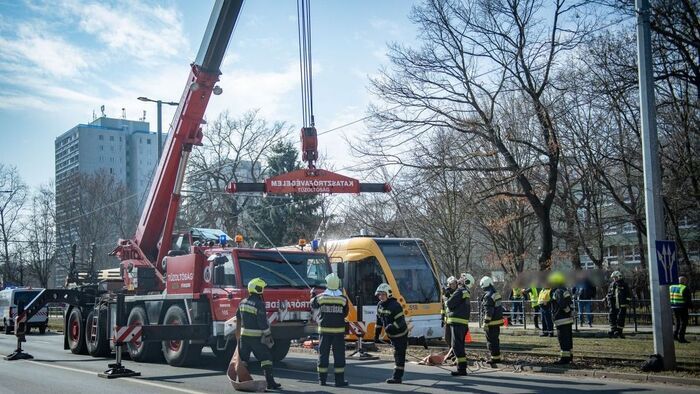



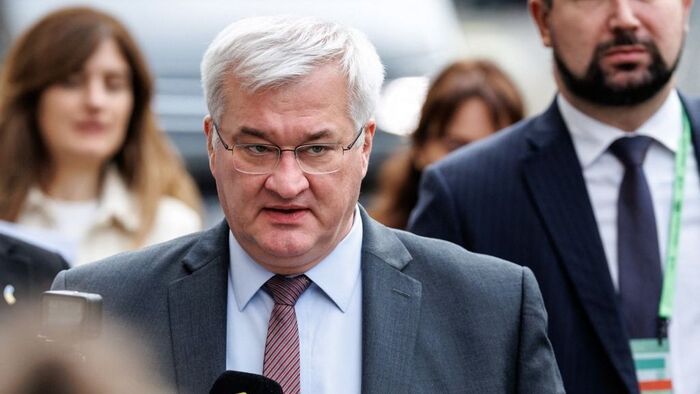
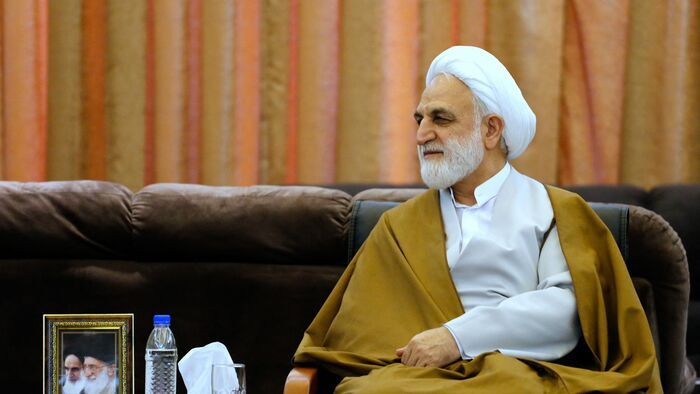
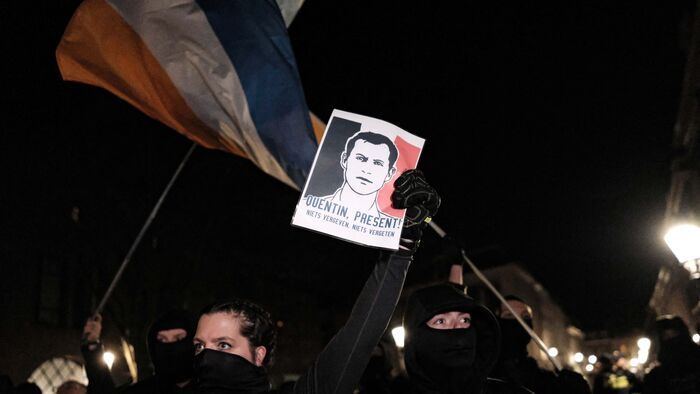

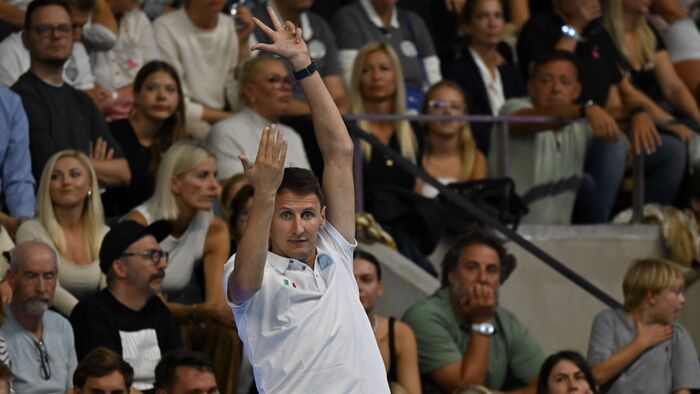



Szóljon hozzá!
Jelenleg csak a hozzászólások egy kis részét látja. Hozzászóláshoz és a további kommentek megtekintéséhez lépjen be, vagy regisztráljon!